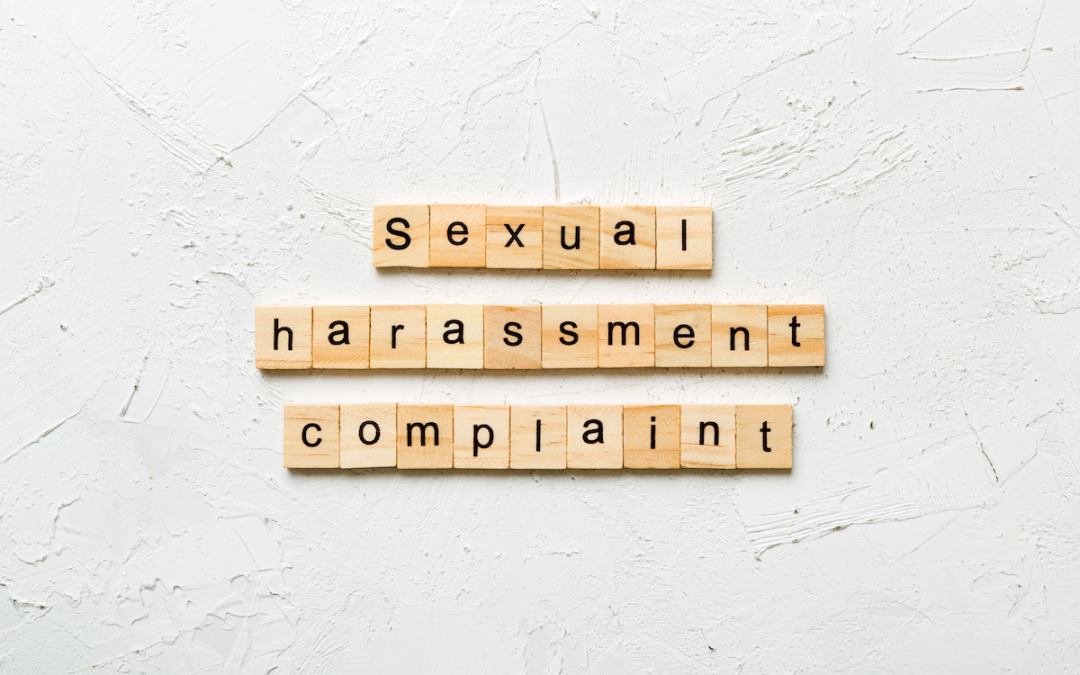On 26th October 2024, the new pro-active duty to prevent sexual harassment in the workplace came into force. Employers are now under a legal duty to take reasonable steps to prevent sexual harassment in the workplace. The steps taken should not be limited to the risk of harassment by colleagues but should extend to third party harassment risk too.
There are two potential consequences if the duty is breached. Firstly, the Equality and Human Rights Commission can investigate non-compliance, issue unlawful act notices, require action plans to be prepared and, if the action plan is not followed, levy a potentially unlimited fine. Secondly, if an employer loses a sexual harassment claim in the tribunal, then the tribunal can uplift compensation by up to 25% if it finds that the employer failed to comply with the duty.
Employers need to look carefully at the policies and processes which they currently have in place and consider critically whether any further steps should be taken to prevent sexual harassment. To assist with this, the Equality and Human Rights Commission has published an 8-step guide to preventing sexual harassment at work which can be accessed here. The proposed steps comprise:
- Developing an effective anti-harassment policy
- Engaging with staff
- Assessing risk and taking action to minimise risk
- Putting in place clear reporting channels
- Conducting training for all staff
- Acting promptly if a complaint is made
- Considering any specific harassment risk posed by third parties and taking steps to prevent this type of harassment
- Monitoring the effectiveness of steps taken

How we can help
Contact Jon Dunkley today for an informal chat, without obligation.
Contact Jon Dunkley
- [email protected]
- 01271 342268



